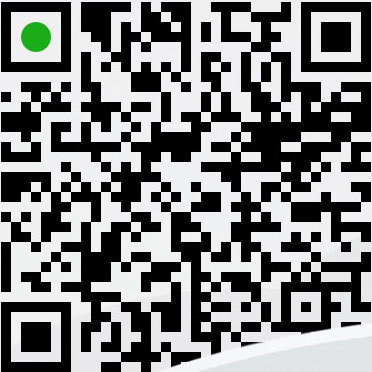Effective Strategies for Preventing International Trade Fraud
International trade, a vital driver of economic growth, is susceptible to various fraudulent activities. Implementing robust strategies to prevent and combat fraud is crucial for maintaining the integrity of global commerce.
1. Due Diligence and Risk Assessment:
– Thorough Background Checks: Conduct comprehensive due diligence on potential business partners, suppliers, and customers to identify any red flags or irregularities.
– Risk Assessment Models: Develop and implement risk assessment models that factor in geopolitical, economic, and industry-specific risks associated with international trade.
2. Training and Capacity Building:
– Employee Training: Provide regular training to employees on recognizing and reporting fraudulent activities.
– Governmental Capacity Building: Invest in programs that enhance the capabilities of law enforcement and regulatory bodies to investigate and prosecute international trade fraud.
3. Compliance with Anti-Fraud Regulations:
– Know Your Compliance Obligations: Stay informed about and comply with international and national anti-fraud regulations, such as the United States Foreign Corrupt Practices Act (FCPA) and the UK Bribery Act.
– Internal Compliance Programs: Establish and enforce internal compliance programs that educate employees on anti-fraud regulations and foster a culture of integrity.
4. Strengthening Legal Frameworks:
– Advocacy for Stricter Laws: Collaborate with industry associations and governmental bodies to advocate for the development and enforcement of stringent laws addressing international trade fraud.
– Extraterritorial Jurisdiction: Support legal measures that allow for the extraterritorial jurisdiction of national laws in cases involving international trade fraud.
5. Supply Chain Resilience:
– Diversification of Suppliers: Avoid over-reliance on a single supplier by diversifying sources. This reduces the risk of fraud-related disruptions to the supply chain.
– Continuous Monitoring: Implement continuous monitoring mechanisms throughout the supply chain to identify and address vulnerabilities promptly.
6. International Cooperation:
– Collaborative Information Sharing: Establish mechanisms for sharing information on fraudulent activities among governments, international organizations, and businesses.
– Mutual Legal Assistance Treaties (MLATs): Advocate for and utilize MLATs to facilitate cooperation between countries in investigating and prosecuting cross-border trade fraud cases.

